Article from New York times. 😃
In one Southern California city, flying drones with artificial intelligence are aiding investigations while presenting new civil rights questions.

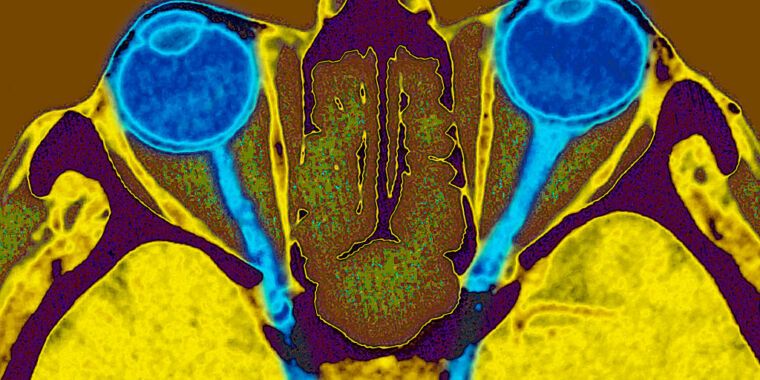

China has made tall claims after testing an advanced aircraft engine prototype. The claim is that the ‘sodramjet’ (short form for ‘standing oblique detonation ramjet)’ jet engine could power an aircraft to such speeds that it can reach anywhere on Earth in two hours.
The engine prototype, tested in hypersonic wind tunnel simulating flight conditions, came off clocking test speeds nine times the speed of sound, the Chinese engineers said, according to the South China Morning Post. The test was conducted in Beijing the report adds.
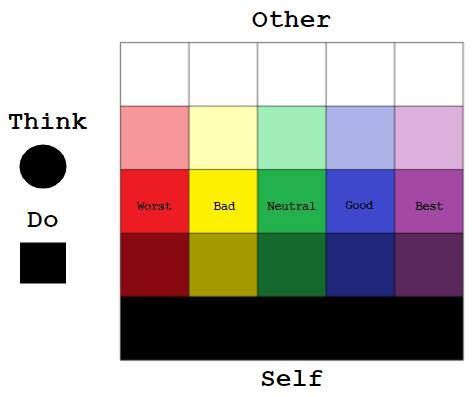
I have the honor of being a guest on the USTP Enlightenment Salon today, many thanks to Gennady and David for the invitation.
I was a Linux sys/net admin.
I was never interested in politics until it became IMPOSSIBLE to avoid. Every action or inaction is now a political statement in some people’s minds. That’s a terrible state of affairs that has been imposed on us. So I put my hacker hat on and went to work to discover why there exists an abject division on truth and morals and how politics became the catalyst for the phenomenon.
I’ll be discussing the roots of my theory: Physix, a mathematical model for thought and behavior. The political derivative is the Q-vote. It’s a novel approach to democracy.
Nell Watson (https://www.nellwatson.com/) will be using a derivative of Physix for machine learning and ethics on https://www.ethicsnet.org/, but I think the most interesting quality of Physix is it’s commercial value. It codifies the decision process: Q-Logic.
Every action or thought can be assigned one of 525 unique patterns on this 5×5 grid. 13,125 if you add voice. Economics, psychology, philosophy, religion, politics and every conceivable imaginary or spacetime event fits. Psychohistory. The matrix has been hacked.
Physix gives AI a finite vocabulary to analyze the infinite chaos of life and imagination. The patterns can be compared to both physical and psychological results, solve for the most preferred.
It’s odd to me that Youtube HASN’T thought of color ratings to highlight videos, Zoom could integrate it with their platform to rate conversations and for meetings. It could be used with any human interaction to rate quality of communication.
The key to real world solutions is that I present this as Open Source Human Nature. Free. Where there is commercial value derived, 10% of the profit/efficiency gained will go to a fund where the money will be spent 100% publicly and tracked (using the same polling system) over time to find the most efficient way to make people happy. I’m looking forward to working with the USTP on the political side, on the AI side Nell Watson is just dipping her toe in the water, I’m looking for a capable AI group to integrate the idea. David Kelley from what I can tell has done all the deep research, my idea is just a different tool to bring it together. I have a programmer, an investor waiting to hear from someone in the field to say they are interested in tackling this.
From all the interactions I’ve had, the USTP is the most progressive, rationally minded group I’ve found. I believe the people involved with this Party would be the best to understand the implications and help me navigate the shark infested waters of politics, NGO’s, Big Tech and Academia.
It’s a new world, AI has a new tool to analyze us and become an ally, this renders the current political paradigm an ancient, sclerotic remnant of brute force mass persuasion for power and money.
It’s time for a paradigm shift of consciousness, aided by AI. The USTP is uniquely suited to bring this to the political forefront.
USTP: Let’s go.
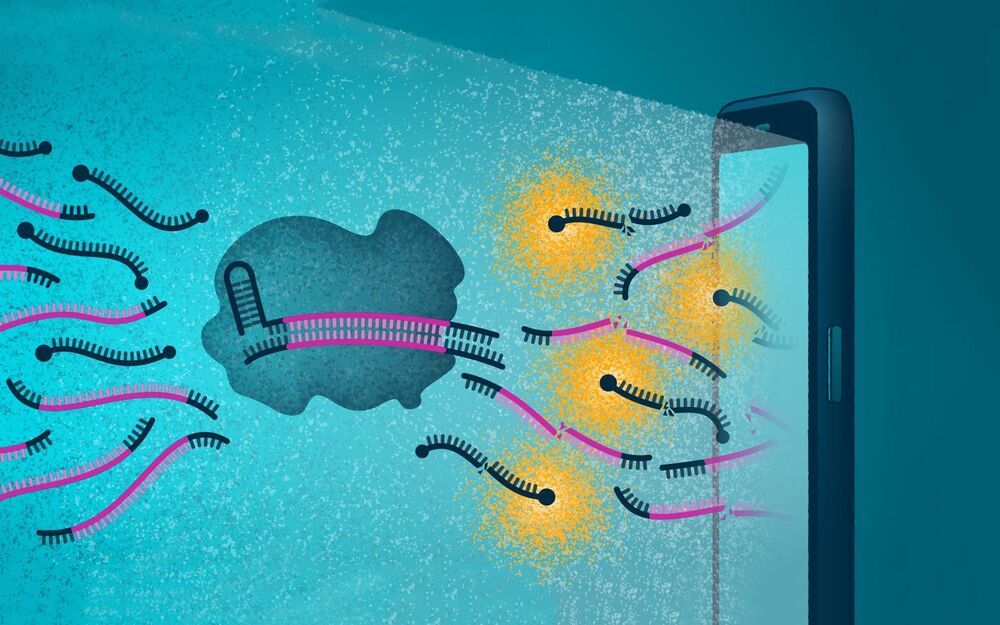
Imagine swabbing your nostrils, putting the swab in a device, and getting a read-out on your phone in 15 to 30 minutes that tells you if you are infected with the COVID-19 virus. This has been the vision for a team of scientists at Gladstone Institutes, University of California, Berkeley (UC Berkeley), and University of California, San Francisco (UCSF). And now, they report a scientific breakthrough that brings them closer to making this vision a reality.
One of the major hurdles to combating the COVID-19 pandemic and fully reopening communities across the country is the availability of mass rapid testing. Knowing who is infected would provide valuable insights about the potential spread and threat of the virus for policymakers and citizens alike.
Yet, people must often wait several days for their results, or even longer when there is a backlog in processing lab tests. And, the situation is worsened by the fact that most infected people have mild or no symptoms, yet still carry and spread the virus.
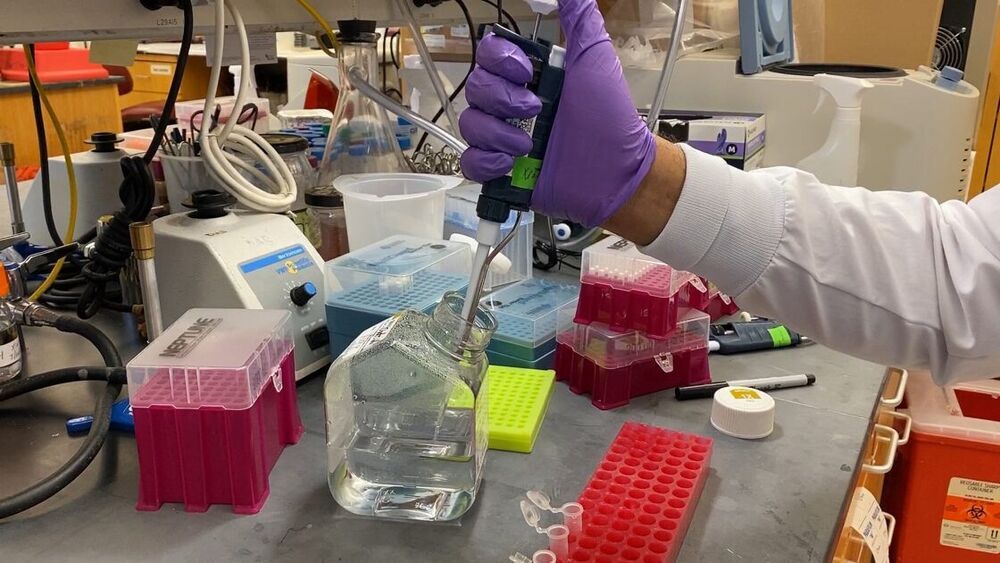
Harvard Medical School scientists report they have successfully restored vision in mice by turning back the clock on aged eye cells in the retina to recapture youthful gene function.
The team’s work, described Dec. 2 in the publication Nature, represents the first demonstration that it may be possible to safely reprogram complex tissues, such as the nerve cells of the eye, to an earlier age.
In addition to resetting the cells’ aging clock, the researchers successfully reversed vision loss in animals with a condition mimicking human glaucoma, a leading cause of blindness around the world.

Glowing is always in fashion.
A new species of mushroom has been discovered in the Assam province, northeastern India. It glows.
A team of researchers from India and China reports on two weeks of fieldwork in the Assam region, during which they spotted several new species of mushrooms. The most exciting of these is a species that locals describe as “electric mushrooms” that lives on dead bamboo. The species, christened Roridomyces phyllostachydis is bioluminescent — it produces its own light.
“The members of the genus Roridomyces are very fragile and they love moist and humid conditions,” explained Samantha Karunarathna, senior mycologist at the Chinese Academy of Sciences and lead author of the report.
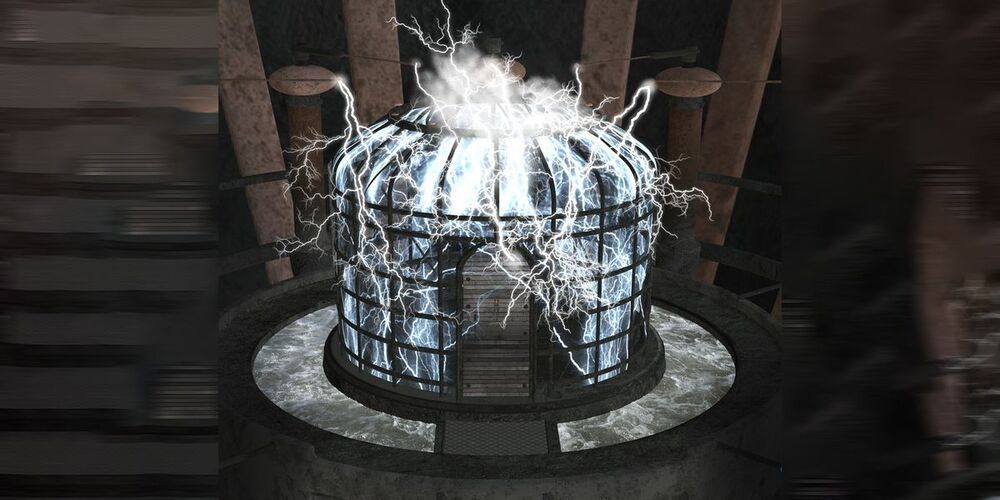
Not much of a surprise there…
Let’s say you hate 5G and genuinely believe it causes cancer or spreads COVID-19, despite there being no evidence to support those wild conspiracies. To shield 5G’s myriad evils, then, you put your WiFi router in a metallic box that “blocks about 90 percent” of the signal. There! Now you’re instantly protected from those treacherous waves of radiation!
This may sound like a made-up scenario, but 5G truthers really have bought these devices in droves. There’s just one small problem with their fool-proof plan: The kinds of containers that truly do block all electromagnetic radiation are called Faraday cages, and they’re not the same thing as these so-called “router guards” that look like glorified mesh file organizers. If they were real Faraday cages, none of your home WiFi signal would come through.
➡ DON’T LET TECH TRICK YOU. Master your digital world with best-in-class tech explainers and unlimited access to Pop Mech, starting NOW.

I use this been trying cheaper stem cell lotions based on plants and this took away age spots from my parents. Been pretty good for me too very soothing and seems to take away age signs on my skin.
Discover your pure, natural beauty with this nourishing botanical body lotion with CannaCell® hemp stem cells, organic hemp seed oil, pure plant essential oils, chamomile, and myrtle leaf to soothe, balance, and uplift your body, mind, and spirit.
Made with bioavailable vegan ingredients to be gentle and effective for all skin types.
Size: 8.0 fl oz.

This is very helpful in reducing signs in aging.
Buy Enzymedica, Stem XCell, Antioxidant Support for Cellular Renewal, Brain Health and Stem Cell Regeneration, Vegetarian and Non-GMO, 60 Capsules (30 Servings) on Amazon.com ✓ FREE SHIPPING on qualified orders.